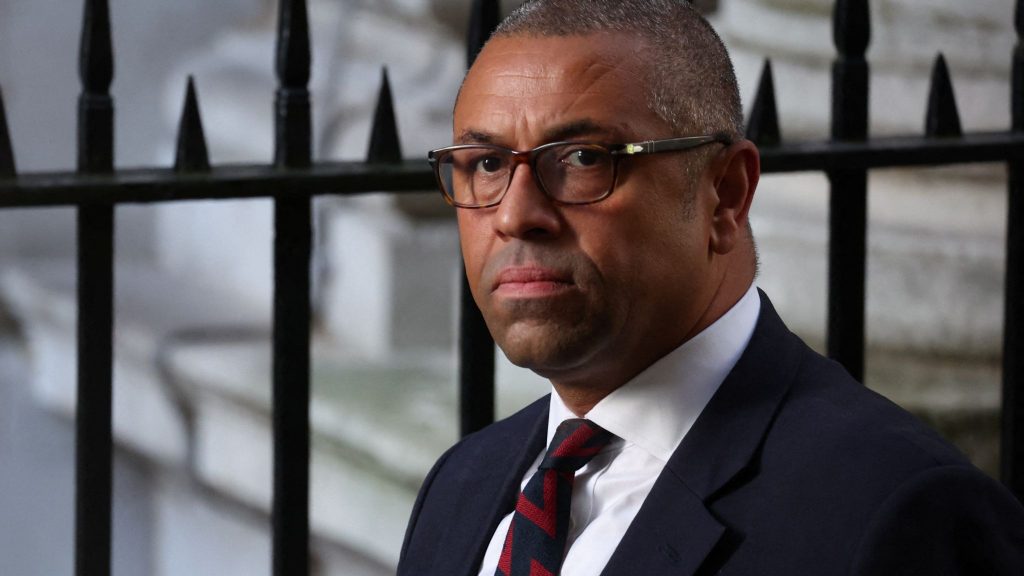With British Home Office announcing minimum pay threshold for Skilled Work visa, blueprints for many international students are now disrupted.

After tirelessly applying for multiple jobs, 25-year-old Zhiyang Liu heaved a sigh of relief after hearing back from a company in London finalizing his job position. Just when he thought all his hard work was coming to fruition, he was stripped off of the temporary happiness he believed he deserved.
Zhiyang lost his job right after the British Home office announced new work visa regulations. The company, because they weren’t able to sponsor his Skilled work visa, had to cancel the contract. Currently Zhiyang is relying only on his part-time job to support his daily expenses. He’s still sending his resumes in the hopes of finding a job however, faces rejection upon asking for visa sponsorship.

“As a non-native English speaker, I was able to find a job after a long time. The result was that I was told that the work visa policy had changed, and the new company would not be able to apply for a work visa for me. Now I don’t know if I should go home or fight again”, said Zhiyang. This particular incident took place after the British Home Office announced the new Foreign Work Visa policies that will be implemented from March this year.
The British Home Office on 30 Jan announced its timeline for implementation of changes to UK’s immigration policies. These implementations will be taking place from 11 March. Skilled worker visa will see a hike in minimum salary required for sponsorship to £38,700. The minimum salary required for those wanting to bring dependents in the UK must be at least £29,000 annually. However, whether this amount is to be increased or not is yet to be disclosed.

“I was very glad to be able to stay in the UK to work. But I did not expect the visa would become the threshold for me, which did not leave any hope for us students”, said Zhiyang Liu, seemingly distressed. However, he isn’t the only one facing this issue. Many international students, both with and without dependents, have been forced to revise their future life plans because of the new policy.
Ishani Ghosh, current international student in Cardiff university from India, who took a huge educational loan to study here, seems to be regretting her choice of coming to the UK to study.

“I’m not complaining but it’s a leap. There’s a stark difference between everything that I grew up with back home in India and adjusting to here in the UK. As if that was not a huge headache, now I have to worry about my visa and stuff like this so yes, it pains me to say this but I’m kind of regretting my choice of coming here in the UK to study. I thought it would be a nice place to get education and experience, but I don’t know what’s happening. Everything seems like a mess.”
She believes that the policies are not fair in terms of the minimum wage bar set at. She said that no entry level job will pay such an amount here in Cardiff and there lies a loophole. She is not the only one who thinks like this.
Shuvro Ghoshal, another current international student studying business management in Cardiff, also shares similar thoughts with Ishani. He calls raising the minimum pay to £29k a little ‘uncalled’ for. He said that variables such as living costs and the job type should have also factored in while deciding on the minimum wage.

“This amount would make sense for a job to be in a high paying city, but not everywhere. There has to be some uniformity. Let’s say we look at Cardiff. The jobs here don’t pay as much as the same job in London will.”
“We don’t really have an option. We have compromised and sacrificed a lot in terms of taking that leap of faith and coming here so there is no way out for us. We have to we have to be OK with the policies which are being rolled out and grab opportunities as and when they come”, he suggests.
“I am worried but I can’t help it. We, as international students, don’t have many options, so there is no way out”, says Shuvro in a defeated voice.
